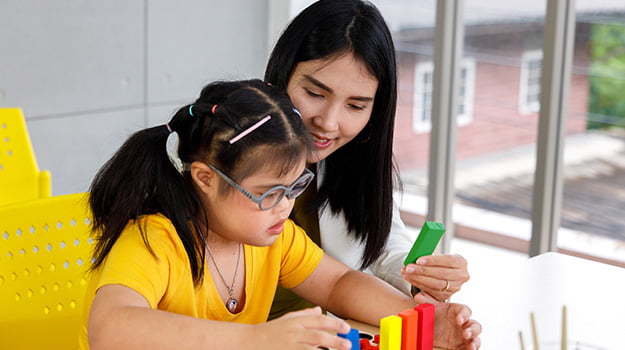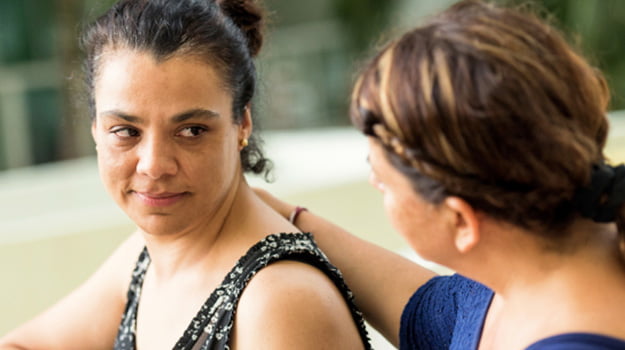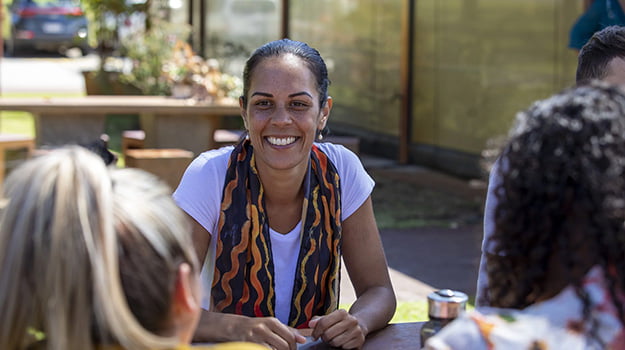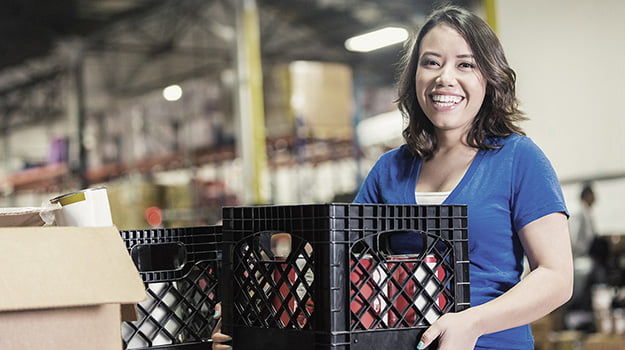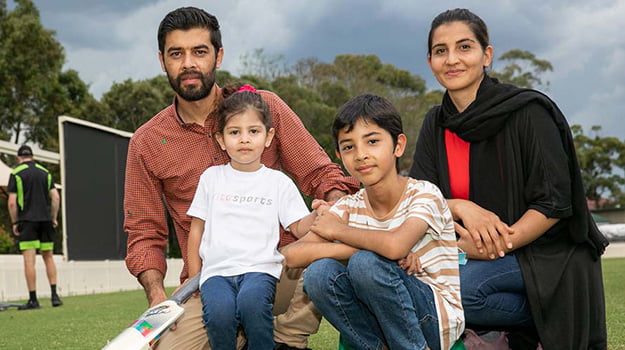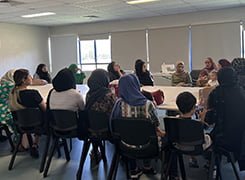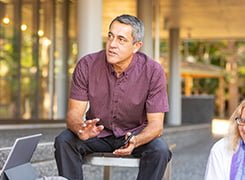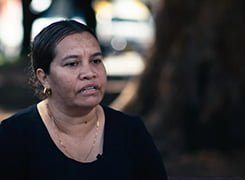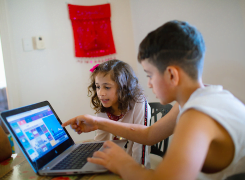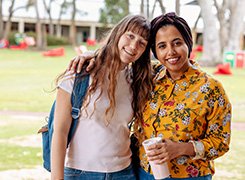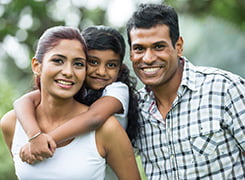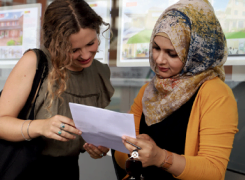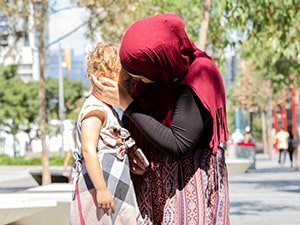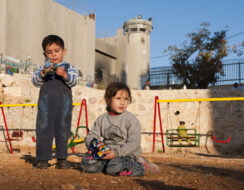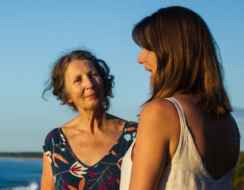07 Sep 2015
NewsFrom the CEO — on migration and the world’s humanitarian crises
SSI Ceo Violet Roumeliotis.
We have all been shocked and saddened by images of people, especially those of young children, who lost their lives while searching for safety in Europe. The images and news of thousands of desperate families struggling across armed borders, huddled together in makeshift shelter or trying to board trains are almost as graphic.
I’m not sure anyone has a good understanding of the exact numbers of people entering Europe, or trying to, but some 350,000 were recorded at European Union borders by the International Organisation for Migration between January and August. Many more are sure to have gone undetected. Many more are expected to enter Europe by the end of the year. This compared with 280,000 for the whole of 2014, which was in itself a year of mass migration.
More than 626,000 people made claims for asylum in Europe last year, about 200,000 more than the year before. Germany granted the most, and expects 800,000 refugees and asylum seekers this year, followed by Sweden and Italy. These people, whether we call them “migrants”, “refugees” or “asylum seekers”, are said to be traveling mostly from Syria, Iraq and Afghanistan, as well as smaller numbers from Sub-Saharan Africa, Pakistan and other nations.
These numbers of people now being seen in Europe reflect what has been happening closer to the world’s war and conflict zones in recent years. The UNHCR estimates that Pakistan was host to 1.6 million refugees in 2014, with more than a million refugees taking safety in Lebanon, and both Iran and Turkey housing more than 800,000 refugees. There are more than 50 million displaced people around the world.
These aren’t just numbers, they are people — they are men, women, boys and girls — fleeing horrific wars and persecution. The world is experiencing the greatest movement of people since the Second World War. It’s reported that there are also many people fleeing from economic and environmental crisis. In any circumstance, people generally do not risk their lives to leave a safe and secure home.
This is where a great challenge stems from; no matter the policies of individual governments, people will seek safety. If barriers to safety are put up by one nation, people will seek safety at the next, and if that country puts up barriers, those people will turn elsewhere. It is becoming obvious that the more barriers are put up, the more people will perish.
Australia has always played a big part in accepting refugees from around the world and now more than ever the world needs our support. There is a big role for the not-for-profit sector to play alongside government in relieving this crisis. Civil society must show that there is strong support for courageous action by policy makers looking for humane solutions.
We can show there is support to increase Australia’s already significant humanitarian intake; we can demonstrate how we would support those people who come to our shores from such traumatic experiences; and we can promote the huge benefits a society can enjoy when it welcomes refugees and migrants and lets them contribute.
Yet there are no easy answers to fix the crisis. Already this year myself and representatives of SSI have attended the UNHCR NGO Consultations in Geneva, where these, and more challenges were discussed along with plans for solutions. This week I will attend the International Metropolis conference in Mexico City, titled “Migrants: Key Players in the 21st Century”. I will join hundreds of academics, policy makers and representatives of civil society organisations working in the areas of migration, settlement and social diversity.
The current problems that the world is facing are sure to cast a shadow over the conference. The conference will include research and presentations of case studies and evidence from around the world, best-practice policy in immigration and settlement and development workshops.
My hope is that the knowledge shared and learned by decision-makers from around the world at this conference can lead us somewhere positive.
Violet Roumeliotis
SSI CEO

